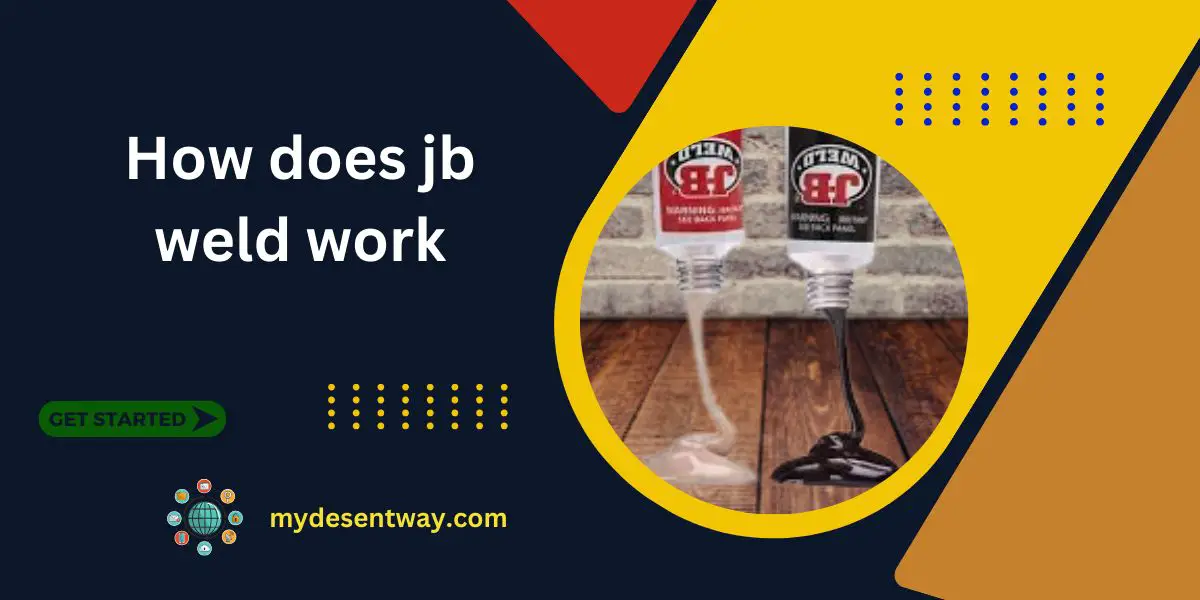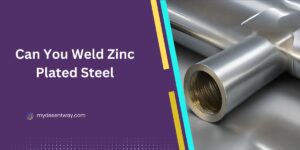Table of Contents
- The Science Behind the Magic
- Applications: Where JB Weld Shines
- Conclusion
- FAQs about How does jb weld work
- Does JB Weld come in different colors or finishes for aesthetic purposes?
- Are there specific safety precautions that should be followed when using JB Weld?
- Can JB Weld be used for automotive repairs, such as fixing exhaust systems or engine components?
- What is the shelf life of JB Weld, and how should it be stored to maintain its effectiveness?
Have you ever marvelled at how two little tubes of JB Weld can bring seemingly irreparable items back to life? From fixing cracked engine blocks to patching up broken pottery, JB Weld seems to possess magical adhesive power.
But what exactly is the secret behind its effectiveness? How does JB Weld work its wonders? Join us on a journey to uncover the science behind this remarkable adhesive!
The Science Behind the Magic
To understand how JB Weld works, let’s delve into its composition and the chemical reactions that occur when it’s applied.
Formulation: A Perfect Blend
JB Weld consists of two components: a resin and a hardener. When these two components are mixed together in equal parts, they undergo a chemical reaction known as polymerization.
This reaction transforms the mixture from a viscous liquid into a solid substance with exceptional bonding properties.
Chemical Reaction: Bonding at its Best
Once mixed, the resin and hardener in JB Weld initiate a cross-linking process. During this process, the molecules in the resin and hardener form strong covalent bonds with each other, creating a tight network structure. This network structure is what gives JB Weld its incredible strength and durability.
Activation and Curing
After mixing, JB Weld enters an activation phase where the chemical reaction begins. This phase is crucial for ensuring proper bonding. Once activated, the mixture starts to cure, gradually hardening into a solid mass.
The curing process may take several hours to complete, depending on factors such as temperature and humidity.
Applications: Where JB Weld Shines
Now that we understand the science behind JB Weld, let’s explore some of its most common applications and why it excels in each.
Metal Bonding: Strength in Every Joint
JB Weld is renowned for its ability to bond metals with incredible strength. Whether you’re repairing a cracked engine block or patching up a hole in a pipe, JB Weld provides a reliable and long-lasting solution.
Its resistance to extreme temperatures and pressure makes it the go-to choice for automotive repairs and metal fabrication projects.
Woodwork and Carpentry: Sturdy and Dependable
In addition to metals, JB Weld is also effective for bonding wood and other porous materials. Whether you’re fixing a broken chair leg or reinforcing a wooden structure, JB Weld offers a strong and durable bond that withstands the test of time. Its versatility makes it a favourite among DIY enthusiasts and professional craftsmen alike.
Plumbing Repairs: Sealing Leaks with Ease
Leaky pipes and plumbing fixtures do not match JB Weld’s sealing capabilities. With its waterproof and chemical-resistant properties, JB Weld forms a tight seal that prevents leaks and corrosion.
Whether repairing a PVC pipe crack or sealing a leaky faucet, JB Weld provides a reliable solution that holds up under pressure.
Conclusion
In conclusion, JB Weld’s remarkable bonding capabilities stem from its unique formulation and chemical properties. By understanding the science behind JB Weld, we can better appreciate its versatility and effectiveness in various applications.
Whether you’re repairing metal, wood, or plumbing fixtures, JB Weld offers a reliable solution that stands the test of time. So the next time you’re faced with a broken or damaged item, reach for JB Weld and witness its magic in action!
FAQs about How does jb weld work
Does JB Weld come in different colors or finishes for aesthetic purposes?
No, JB Weld typically comes in a standard gray color, although there are some variations available for specific applications. However, its primary focus is functionality rather than aesthetics.
Are there specific safety precautions that should be followed when using JB Weld?
Yes, there are several safety precautions to follow when using JB Weld. These include wearing gloves and eye protection, working in a well-ventilated area to avoid inhaling fumes, and avoiding skin contact with uncured epoxy.
Can JB Weld be used for automotive repairs, such as fixing exhaust systems or engine components?
Yes, JB Weld is commonly used for automotive repairs, including fixing exhaust systems, engine components, and other metal parts. It is known for its durability and ability to withstand high temperatures.
What is the shelf life of JB Weld, and how should it be stored to maintain its effectiveness?
The shelf life of JB Weld varies depending on the specific product and storage conditions. Generally, unopened containers can last for several years if stored in a cool, dry place away from direct sunlight.
Once opened, it’s essential to tightly seal the container to prevent drying out and store it properly to maintain its effectiveness.








